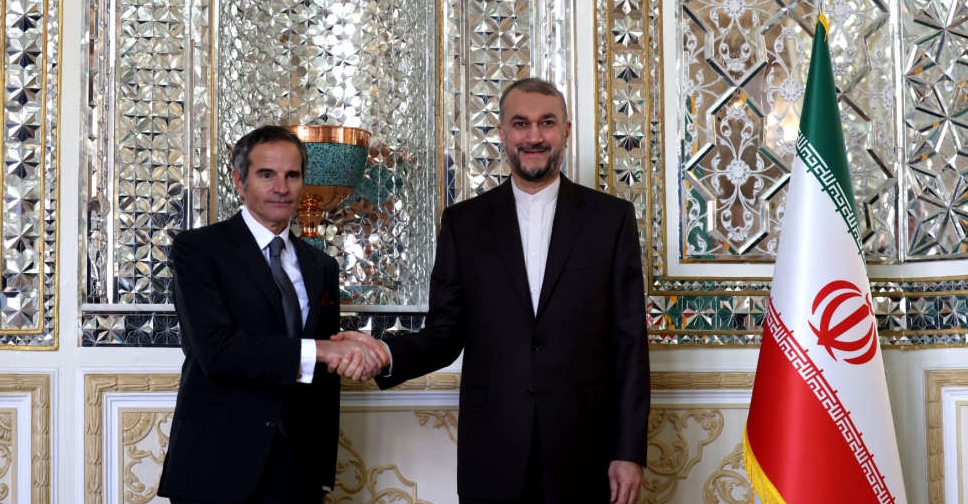
Iran said on Saturday it had agreed on a roadmap with the U.N. nuclear watchdog to resolve outstanding issues which could help secure a revival of Tehran's 2015 nuclear deal with world powers.
However, Russia made demands from the United States that could torpedo the talks.
Russia said it wanted written guarantees from the United States that sanctions on Russia would not damage its cooperation with Iran under the 2015 nuclear deal with global powers that Tehran and Washington are seeking to revive.
"We have asked for a written guarantee ... that the current process triggered by the United States does not in any way damage our right to free and full trade, economic and investment cooperation and military-technical cooperation with the Islamic Republic," Russia's Foreign Minister Sergei Lavrov told reporters.
Lavrov said the sanctions on Russia over the conflict in Ukraine had created a "problem" from Moscow's perspective.
"It would have all been fine, but the avalanche of aggressive sanctions that has erupted from the West - and which I understand has not yet stopped - demand additional understanding by lawyers above all," he said.
Iran's announcement comes as all parties involved in indirect talks between Tehran and Washington to revive the nuclear pact have said they were close to reaching an agreement in Vienna.
"We have agreed to provide the IAEA by the end of (the Iranian month of) Khordad (June 21) with documents related to outstanding questions between Tehran and the agency," Iran's nuclear chief Mohammad Eslami told a joint news conference with International Atomic Energy Agency (IAEA) chief Rafael Grossi.
Grossi arrived in Tehran late on Friday to discuss one of the last thorny issues blocking revival of the pact, which in return for a lifting of economic sanctions limited Iran's enrichment of uranium, making it harder for Tehran to develop material for nuclear weapons.
"It is important to have this understanding ... to work together, to work very intensively," Grossi told the televised news conference.
"Without resolving these (outstanding) issues, efforts to revive the JCPOA may not be possible."
A major sticking point in the talks is that Tehran wants the issue of uranium traces found at several old but undeclared sites in Iran to be closed. Western powers say that is a separate issue to the deal which the IAEA is not a party to, several officials have told Reuters.
Grossi, who also held talks with Iran's foreign minister before returning to Vienna on Saturday, said, "there are still matters that need to be addressed by Iran."
As efforts were underway to revive the 2015 nuclear deal, Iran's Revolutionary Guards unveiled two underground military bases holding missiles and unmanned aerial vehicles.
Iran, which has one of the biggest missile programmes in the Middle East, says its ballistic missiles have a range of up to 2,000 km (1,200 miles) and can reach its arch-foe Israel and U.S. bases in the region.
The IAEA has been seeking answers from Iran on how the uranium traces got there - a topic often referred to as "outstanding safeguards issues".
"We decided to try a practical, pragmatic approach to these issues {the pending issues} to allow our technical experts to look into them systematically, in a deep way, in a thorough way," said Grossi.
"But also with a sense of conclusion, with the intention to come to a point where we have an agreed outcome."
Grossi's trip has raised hopes that an agreement with the IAEA will potentially clear the way for the revival of the nuclear pact abandoned in 2018 by former U.S. President Donald Trump, who also reimposed far-reaching sanctions on Iran.
Since 2019, Tehran has breached the deal's nuclear limits and gone well beyond, rebuilding stockpiles of enriched uranium, refining it to higher fissile purity and installing advanced centrifuges to speed up output.
The IAEA has repeatedly reported that Iran has failed to give satisfactory explanations on the origin of the traces of processed uranium. Those traces suggest nuclear material there that Iran did not declare to the agency.



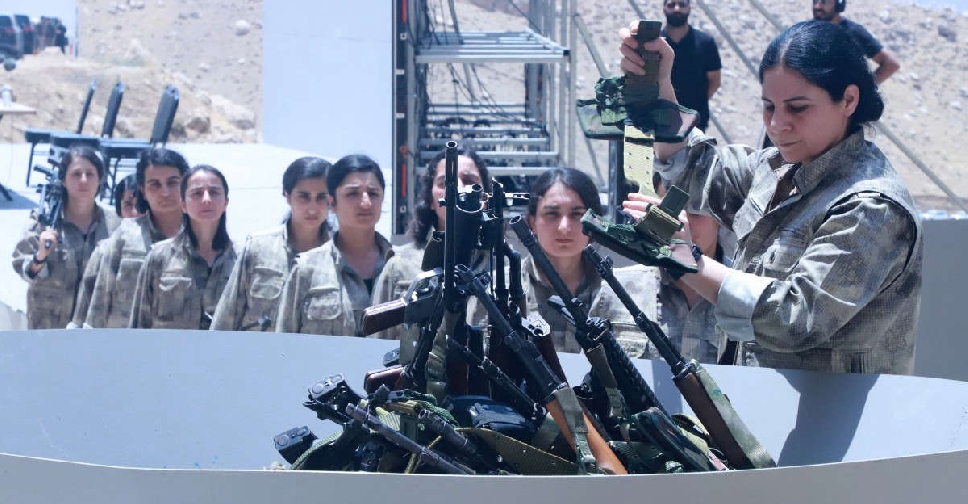 PKK fighters burn weapons in Iraq to start disarmament
PKK fighters burn weapons in Iraq to start disarmament
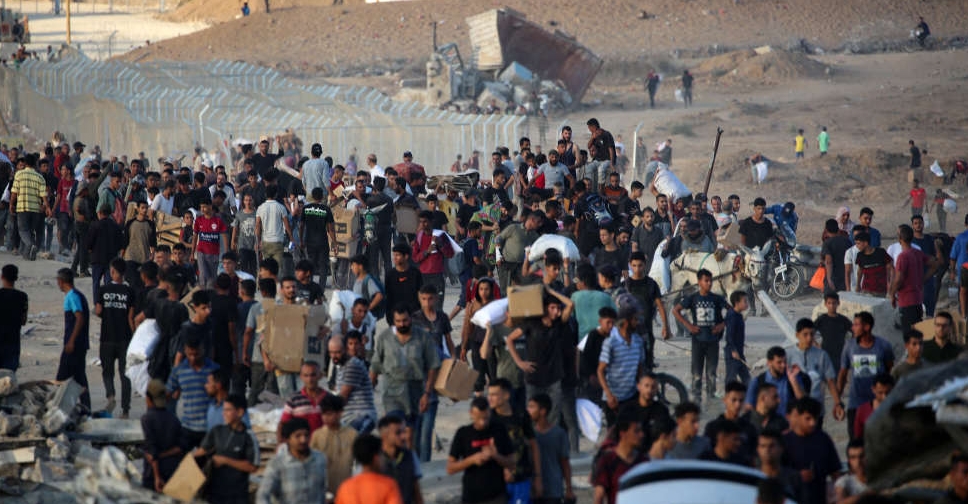 UN reports 798 deaths near Gaza aid hubs in six weeks
UN reports 798 deaths near Gaza aid hubs in six weeks
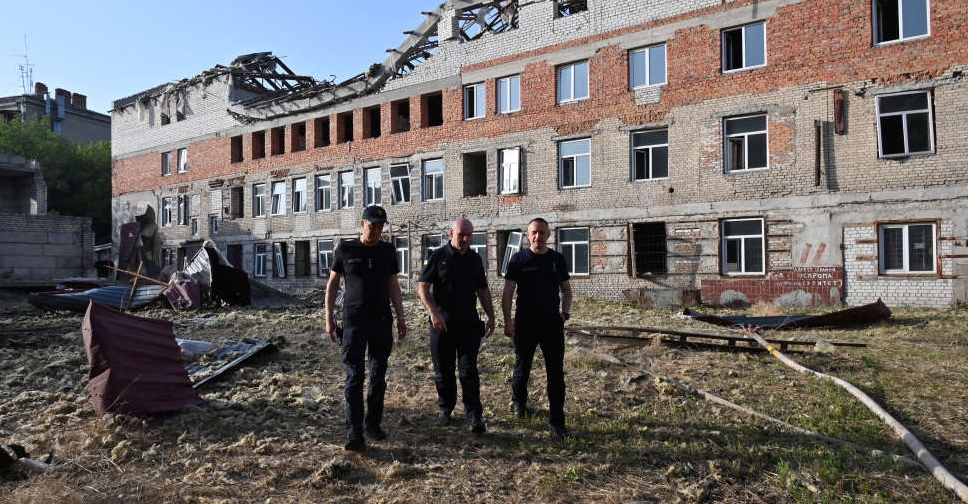 Russian attack on Kharkiv damages maternity hospital, sending patients fleeing
Russian attack on Kharkiv damages maternity hospital, sending patients fleeing
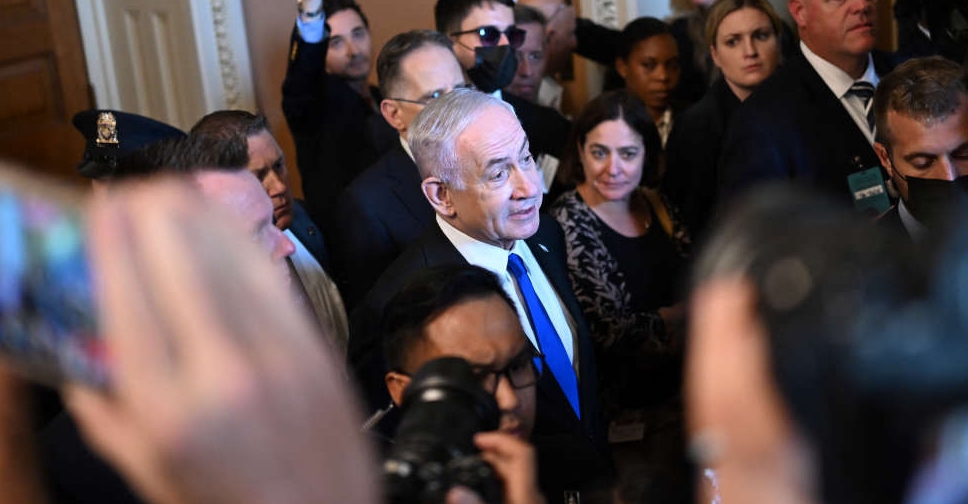 Hostage deal nears amid ceasefire talks between Israel, Hamas
Hostage deal nears amid ceasefire talks between Israel, Hamas



